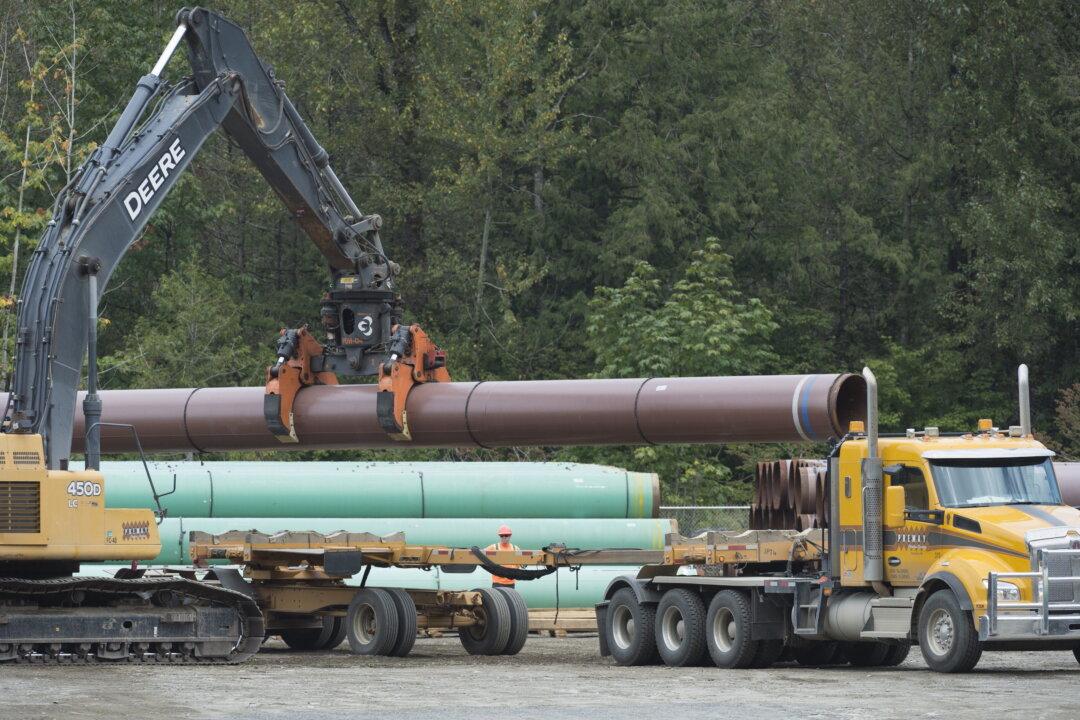It is constructive that some of the federal party candidates out campaigning are addressing Canada’s pipeline capacity problem. But many of them are not adequately dealing with the critical need for federal leadership, especially in the challenging interaction with some provinces.
Conservative Leader Andrew Scheer has stated that, if elected, he would use the powers of the federal government to expedite pipeline project approvals. Scheer said he would “fast track” federal-provincial jurisdictional questions on pipelines right to the Supreme Court of Canada. This is indeed one way to assert federal authority. Scheer’s proposal rests on an ability of the federal government to send what is known as a “reference case” to the Supreme Court.





